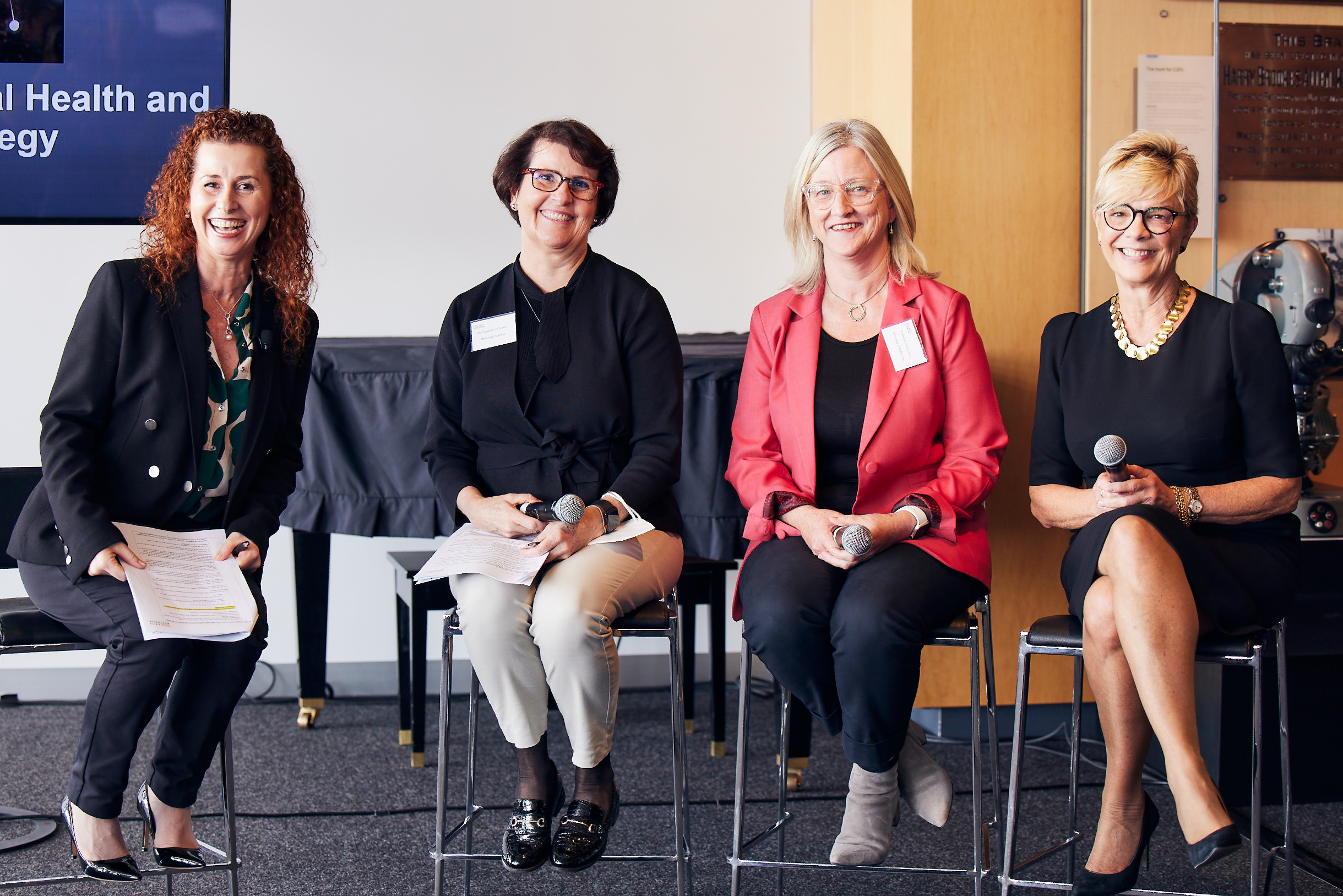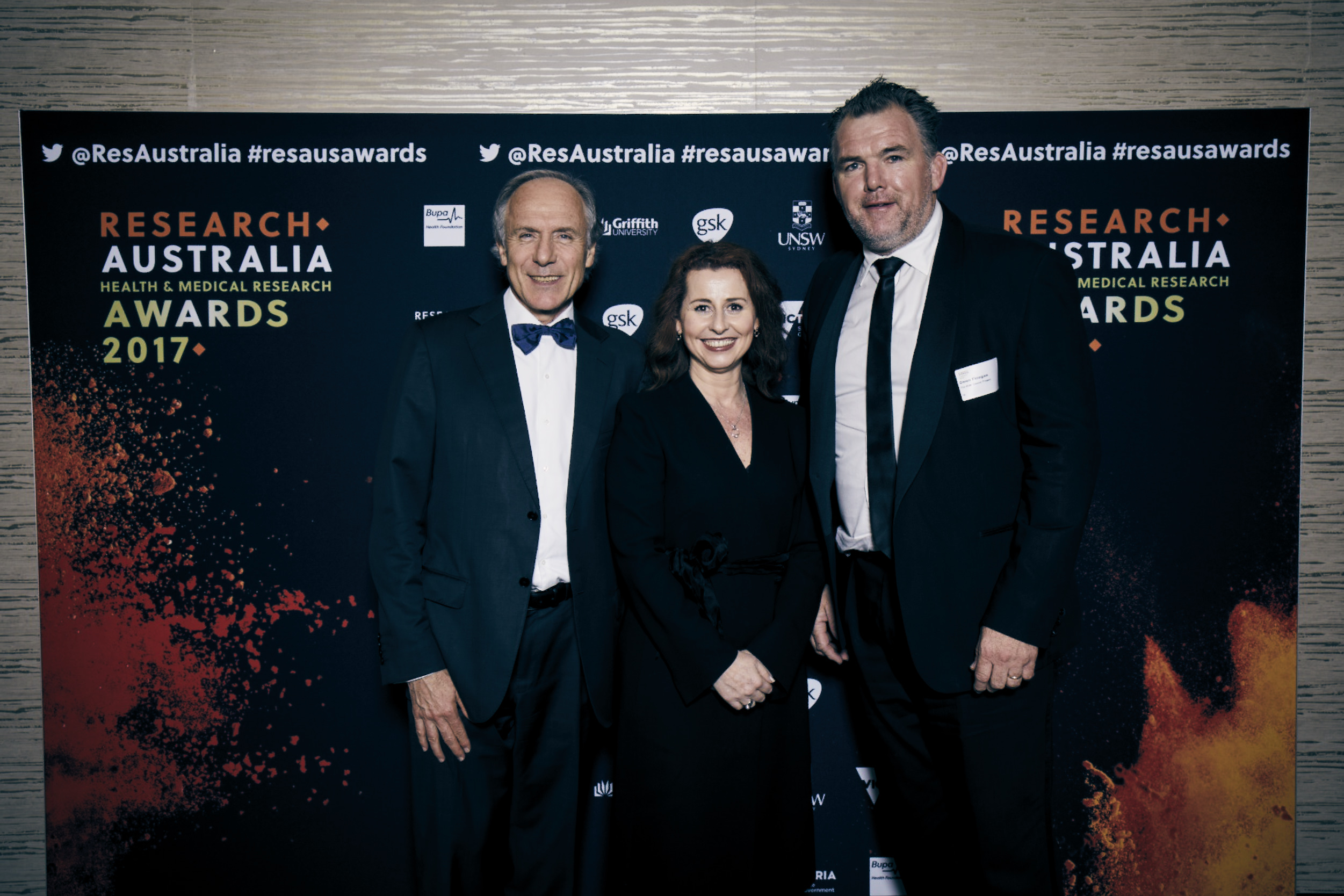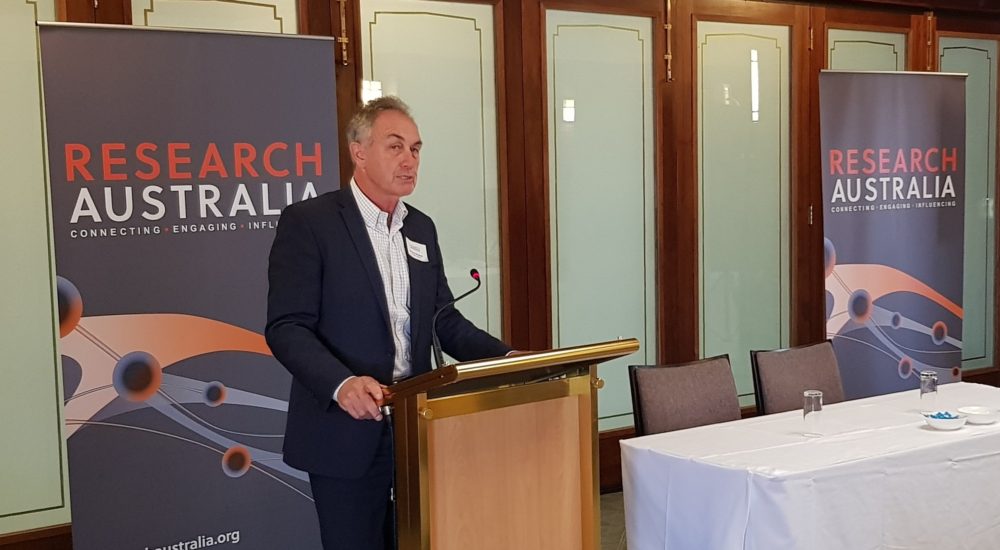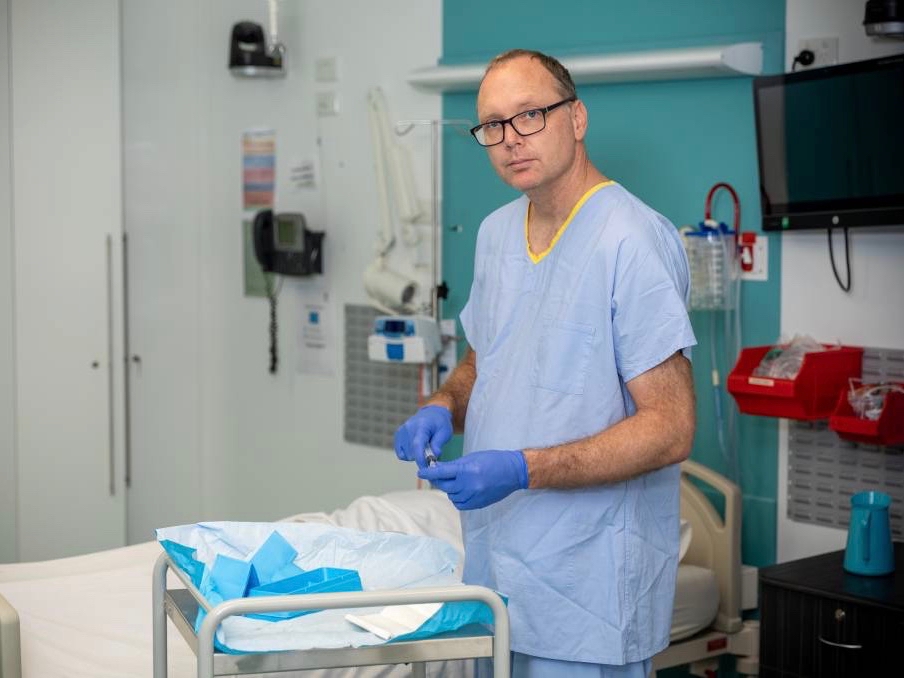8 April 2022
SEIZING opportunities for Australian health and medical research under a future National Health and Medical Research Strategy was the focus at Research Australia’s Pre-Election Summit this week in Melbourne.
Research Australia, the national alliance for health and medical research, has led the call for a national strategy on behalf of the sector, which was announced by Health Minister Greg Hunt MP at the Research Australia Awards in December. Research Australia CEO, Nadia Levin has been appointed to the recently formed Strategic Advisory Committee as a representative of the sector to develop the nation’s strategy for health and medical research.
“This week’s Summit saw a meeting of the minds between both political and sector leaders to set the policy objectives needed to strengthen our health and medical research. This national strategy will meet future health challenges and maximise the economic opportunities our world-leading research offers our nation,” Ms Levin said.
Hosted in partnership with WEHI and CSL, the Summit saw medical researchers and innovators from around Australia join parliamentarians to advance Australia’s medical research and innovation capacity to improve health and economic outcomes for Australia.
“We received strong commitment across the political divide to back our world-class researchers to advance our sovereign capability to innovate and translate research and realise our sector’s full potential in improving health and saving lives,” Ms Levin said.
“The need to develop a more secure and sustainable health and medical research workforce through strategic pathways and skills development was identified as was the chance to invest in our amazing research, both basic and applied, deliberately and sustainably,” Ms Levin said.
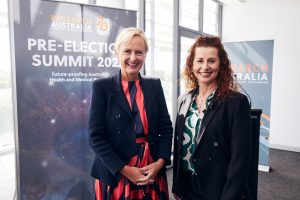 Federal Member for Higgins and Co-Chair Parliamentary Friends of Health and Medical Research Dr Katie Allen MP said health and medical research is greatly valued not only by government but also by the Australian people.
Federal Member for Higgins and Co-Chair Parliamentary Friends of Health and Medical Research Dr Katie Allen MP said health and medical research is greatly valued not only by government but also by the Australian people.
“It is important to look at the impact health and medical research makes in changing and saving lives,” Dr Allen said. “We are resourceful and resilient. We need to be better at celebrating that impact and talking about what our strengths and successes are but also to recognising what we can do to build on those capabilities.”
Dr Allen also said we need to acknowledge the world class investment in research in Australia and that the Government’s priority is bridging the gap between commercialisation and research, our sovereign capabilities and competitive advantages.
Federal Shadow Assistant Health Minister Ged Kearney MP said that Labor recognised workforce issues need to be addressed by government and that Labor will target a stream of the National Reconstruction Fund to health and medical research and medical innovation.
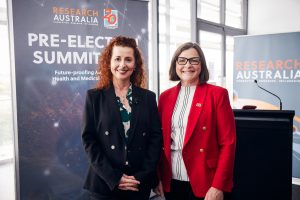 “When public policy is married with research, public good follows,” Ms Kearney said. “Labor will prioritise greater job security in health and medical research.”
“When public policy is married with research, public good follows,” Ms Kearney said. “Labor will prioritise greater job security in health and medical research.”
Federal Shadow Assistant Minister for Manufacturing Senator Louise Pratt identified Australia’s poorly diversified economy as a key challenge for our country, pointing to the ALP’s National Reconstruction Fund as prioritising domestic medical manufacturing.
“We currently import more drugs than we export. The National Reconstruction Fund will prioritise domestic manufacturing, which will provide us with access to the medical products that we need,” Ms Pratt said.
The Greens Spokesperson for Science, Research, and Innovation Senator Dorinda Cox highlighted the need to translate research concepts into rapid application to ensure improved health outcomes.
Ms Cox also spoke of the Greens’ policy to invest 4 per cent of GDP in science, research and innovation by 2030 and boost home-grown manufacturing.
“We don’t have the ability to produce modern medical manufacturing because we don’t have the infrastructure,” Ms Cox said.
The Hon Warren Snowdon MP, Federal Member for Lingiari and Co-Chair Parliamentary Friends of Rural and Remote Health pointed to the role that research can play in addressing social determinants of health in Indigenous communities.
In addressing the question of better translating research into best practice outcomes, Mr Snowdon recommended including local government at the national table to ensure research is designed to meet local health needs.
The need to bring state and federal jurisdictions together working strongly together under a National Strategy to strategically find the best way to invest in research was also a key theme.
To view Research Australia’s Pre-Election Statement on behalf of the health and medical research sector, please see here.
ENDS
Research Australia is the national peak body for health and medical research, representing the entire health and medical research pipeline. For more on Research Australia, go to: www.researchaustralia.org
Media contact: Peta Garrett – 0400 011 394

